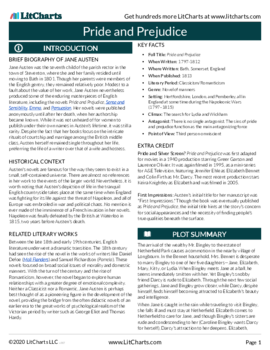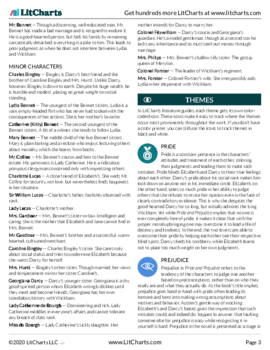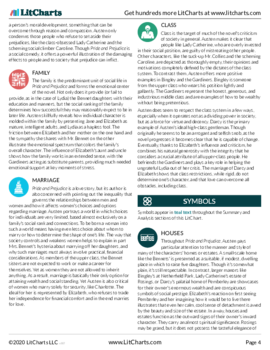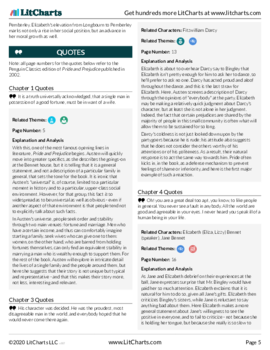- All's Well That Ends Well
- Antony and Cleopatra
- As You Like It
- The Comedy of Errors
- Coriolanus
- Cymbeline
- Hamlet
- Henry IV, Part 1
- Henry IV, Part 2
- Henry V
- Henry VI, Part 1
- Henry VI, Part 2
- Henry VI, Part 3
- Henry VIII
- Julius Caesar
- King John
- King Lear
- Love's Labor's Lost
- A Lover's Complaint
- Macbeth
- Measure for Measure
- The Merchant of Venice
- The Merry Wives of Windsor
- A Midsummer Night's Dream
- Much Ado About Nothing
- Othello
- Pericles
- The Rape of Lucrece
- Richard II
- Richard III
- Romeo and Juliet
- Shakespeare's Sonnets
- The Taming of the Shrew
- The Tempest
- Timon of Athens
- Titus Andronicus
- Troilus and Cressida
- Twelfth Night
- The Two Gentlemen of Verona
- Venus and Adonis
- The Winter's Tale
plus so much more...
-
Lines 1-4
The poem takes place on 9/11. According to the poet, the speaker is an English trader stuck in the World Trade Center's North Tower after the first plane struck but before the tower's collapse. The poem was inspired by actual footage: Armitage has described the image of a bystander pointing a video camera up at a person trapped in the burning building and waving a white object.
The speaker addresses "You" throughout the poem. The identity of this "you" is never made clear within the poem itself, allowing that "you" to stand for any or all of the following: the person recording this footage, and, later, the viewers of that footage; the reader; the man's loved ones; the general public on 9/11; and humanity in a broader sense. Part of the poem's power is that the speaker doesn't really have a true destination for his words; no one can actually hear him, and he is going to die.
The reader knows this, creating dramatic irony and granting the whole poem a sense of inevitability and futility from beginning to end. These are the imagined thoughts of an anonymous, doomed man, spoken as if in real-time during the event and, in a way, after the fact. Here, he is both living and a ghost.
In the opening line, the speaker says, "You have picked me out." The speaker then describes his situation from the perspective of the camera/that "you." He forms part of a "distant shot of a building burning," that bold /b/ alliteration calling attention to the horror of the poem's setting.
The speaker then says "you have noticed now," that "now" implying that it takes a beat for whoever is looking at this "shot" to spot him. Really, they just spot the "white cotton shirt" that's "twirling, turning" in the distance; it's not clear yet whether or not actually see the speaker himself.
This stanza, like the rest of the poem, is chock-full of "-ing" verbs, or present participles. The building is "burning"; the white shirt "is twirling, turning." These words make the poem sound urgent and immediate. They wrench the poem uncomfortably into the present moment, forcing the reader to try to imagine what it was like to be in the speaker's shoes. The poem's immediacy rehumanizes the speaker, reminding the reader that he isn't just a symbol of the day's horror; ultimately, there is a real person behind the poem, even if these words are imagined. The asyndeton in this stanza and throughout the poem adds to the building sense of confusion and panic; there's no time for an "and" in "twirling, turning."
The poem uses quatrains (four-line stanzas), with every second and fourth line ending in an "-ing" verb and often with a full rhyme to boot (e.g., "burning"/"turning" in this stanza). This set-up makes the speaker seem at once frantic and frozen: he's also stuck on a particular sound just as he's stuck in a particular part of the building. He's moving, relentlessly waving that shirt, but firmly in place.

|
PDF downloads of all 3053 of our lit guides, poetry guides, Shakescleare translations, and literary terms.
PDF downloads of all 1909 LitCharts literature guides, and of every new one we publish.
Learn more
|

|
Explanations for every quote we cover.
Detailed quotes explanations (and citation info) for every important quote on the site.
Learn more
|

|
Instant PDF downloads of 136 literary devices and terms.
Definitions and examples for 136 literary devices and terms. Instant PDF downloads.
Learn more
|

|
Compare and contrast related themes.
Compare and contrast Related Themes across different books.
Learn more
|

|
Teacher Editions for all 1909 titles we cover.
LitCharts Teacher Editions for every title we cover.
Learn more
|

|
PDFs of modern translations of every Shakespeare play and poem.
PDFs of modern translations of every Shakespeare play and poem.
Learn more
|

|
Advanced search across our collection.
Advanced Search. Find themes, quotes, symbols, and characters across our collection.
Learn more
|

|
Line-by-line explanations, plus analysis of poetic devices for lyric poems we cover.
Line-by-line explanations, plus analysis of poetic devices for every lyric poem we cover.
Learn more
|


For every lyric poem we cover.



Literature Guide PDFs
LitCharts PDFs for every book you'll read this year.



Quotes Explanations
For all 42,208 quotes we cover.





Teacher Editions
Time saved for teachers.
For every book we cover.
Common Core-aligned



PDFs of modern translations of every one of Shakespeare's 37 plays, 154 sonnets, and 3 longer poems.


Plus a quick-reference PDF with concise definitions of all 136 terms in one place.






















